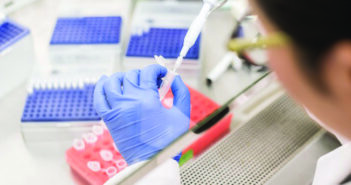
Brown accelerator fund advances commercialization of faculty research and supports creation of new products.

Brown accelerator fund advances commercialization of faculty research and supports creation of new products.

The approach effectively delivers anti-cancer drugs across the blood-brain barrier in mice.

A study led by Brown researchers found that a brief questionnaire for psychological distress can be an efficient way to…

More people died in Texas prisons without air conditioning than in those with it, study finds.
Researchers demonstrate accuracy, safety of using magnetic sensors to track muscle length during movement.

Biology researchers make the case for reevaluating maligned creatures to consider benefits as well as costs.

With $15 million federal grant, scientists from Brown help lead effort to reduce the suicide rate.

New research at Brown finds that drumming is neurologically similar to singing in other birds.
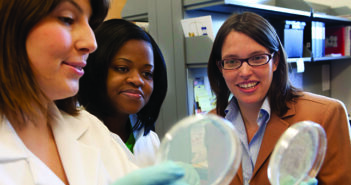
Major NSF grant aims to help researchers at Brown better understand—and potentially improve—the aging process.
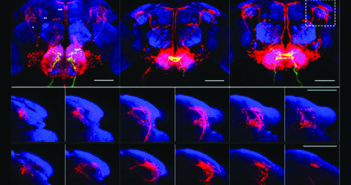
New brain imaging technology helps researchers understand brain processes and behavior.
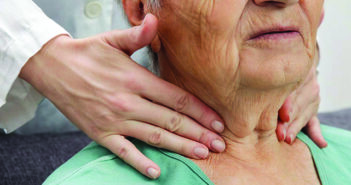
Study suggests the condition may be more likely to develop in older people with underactive thyroid.

Researchers discover pathway that connects light-sensitive cells with brain regions involved in mood, cognition.
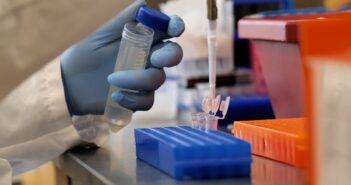
Brown plans new integrated life sciences building in Providence’s Jewelry District.

New methods allow for a better understanding of how genetic conditions affect different populations.

Led by Brown, a multi-university effort will build on recent discoveries about the mechanisms of aging.

In managed care plans, minority group members report lesser care than white enrollees.

Researchers develop new model to investigate fibrosis treatments without use of animals.
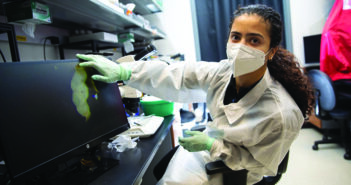
Brown senior studies the neurobiological underpinnings of alcohol and substance abuse disorders with the goal of enabling more effective treatments.
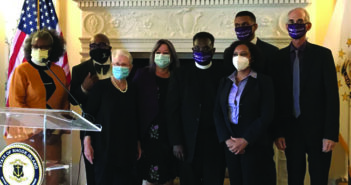
Investigators partner with faith-based leaders in Providence to increase participation of Black community members in prevention studies.
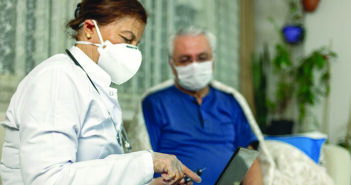
Even those who are fully vaccinated have high rates of hospitalization and death with breakthrough infections.
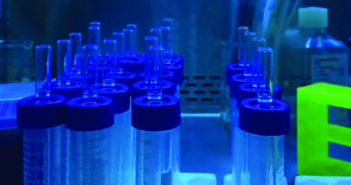
‘The Bubbler’ reverse-transcribes RNA from airborne SARS-CoV-2, researchers say.
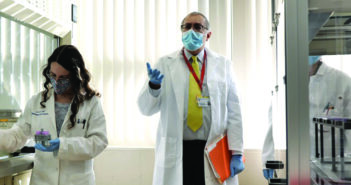
Generous support from the Legorreta family will accelerate discovery of new treatments for patients.

People of color, women, and those with health conditions are most likely to experience hardship.
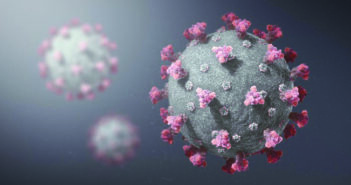
Cellular mechanism explains behind why some are at greater risk, and may be used to protect them.

Renewed NIH grant helps researchers and local partners address barriers to testing and vaccination.